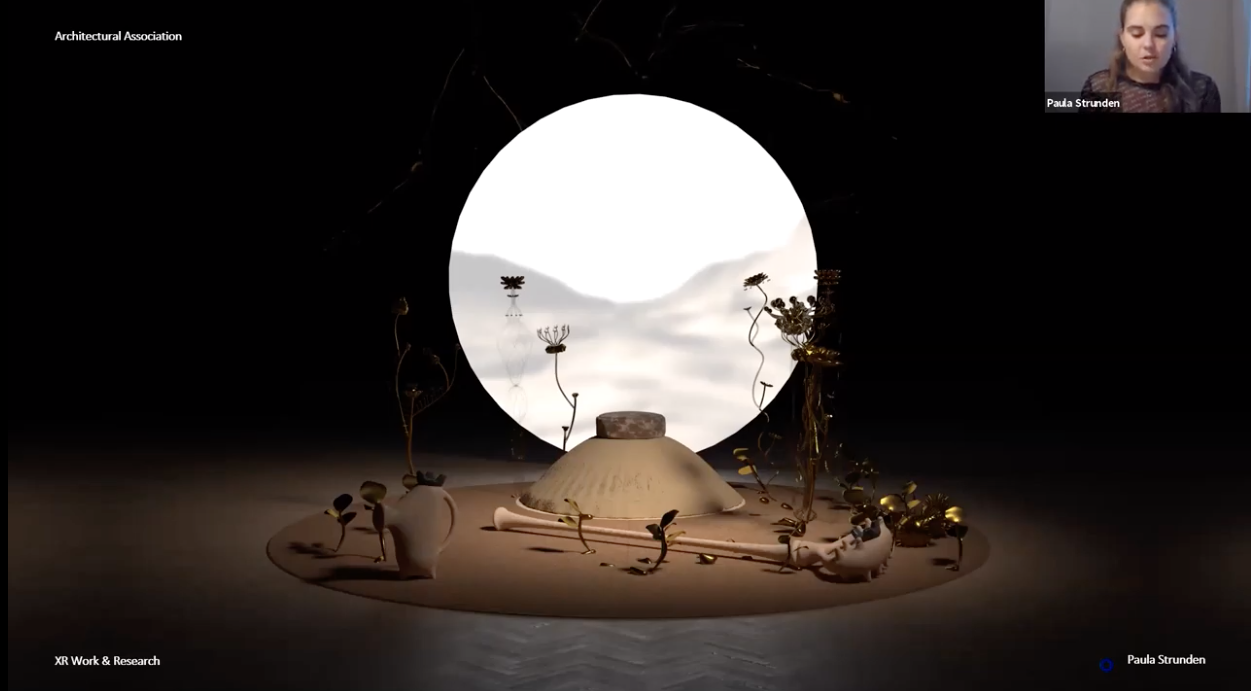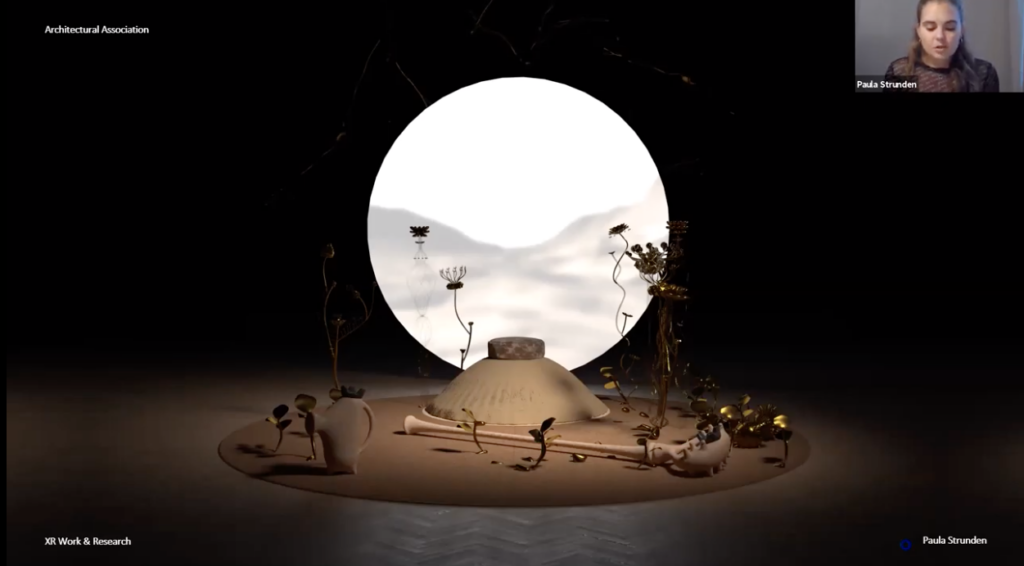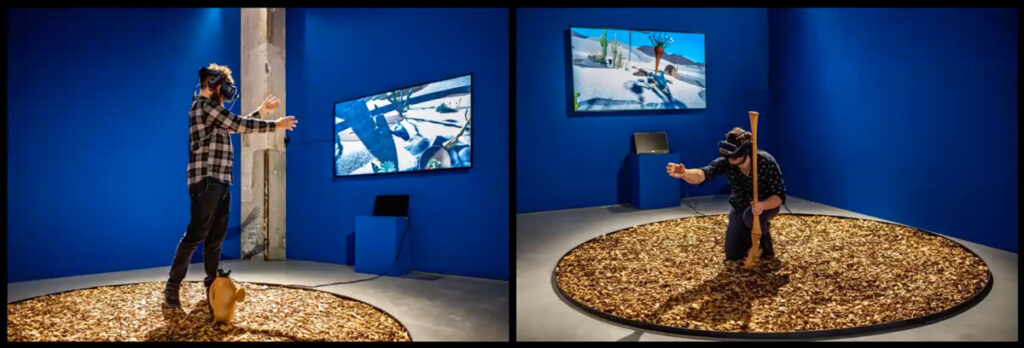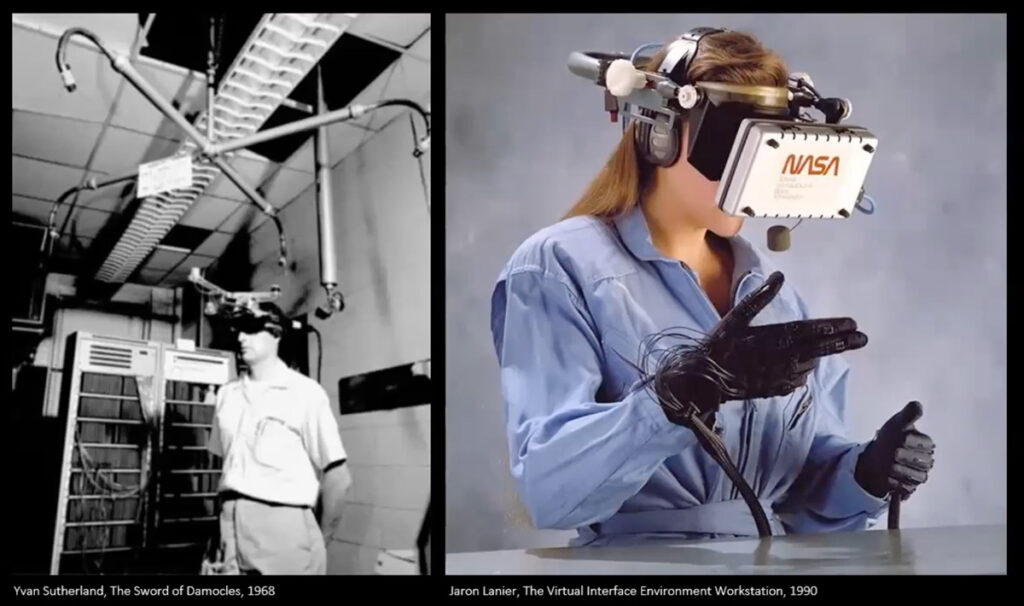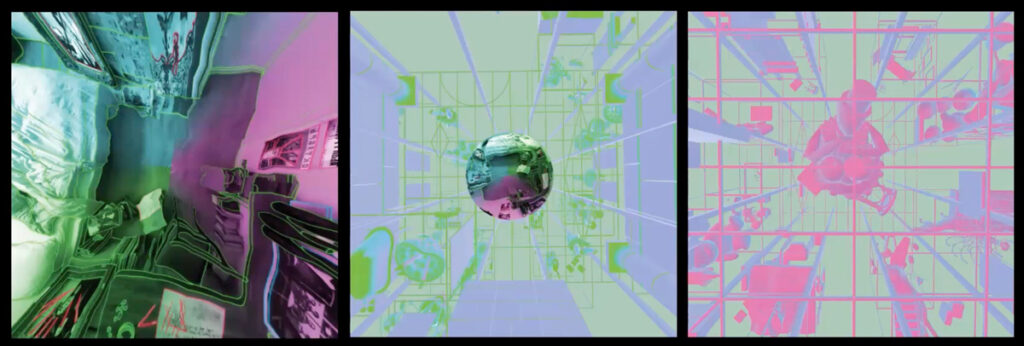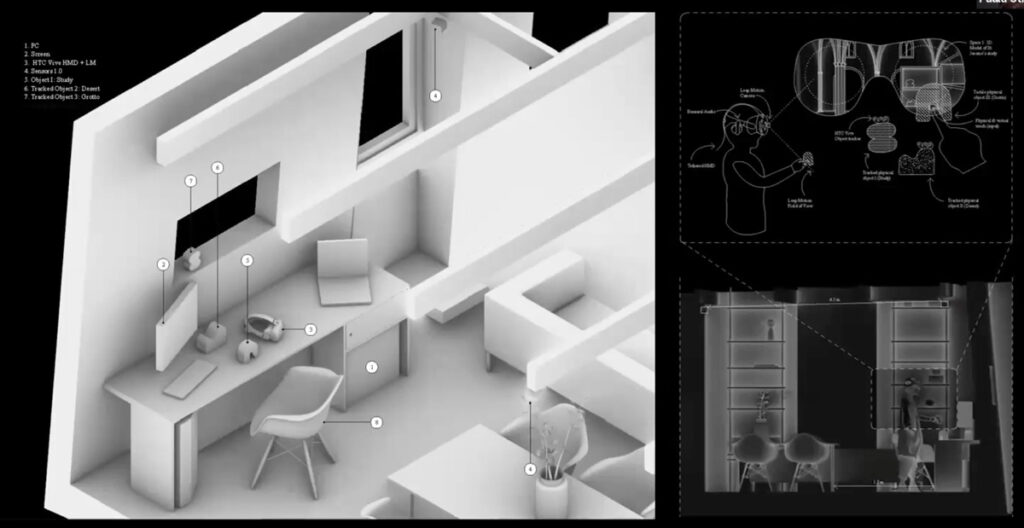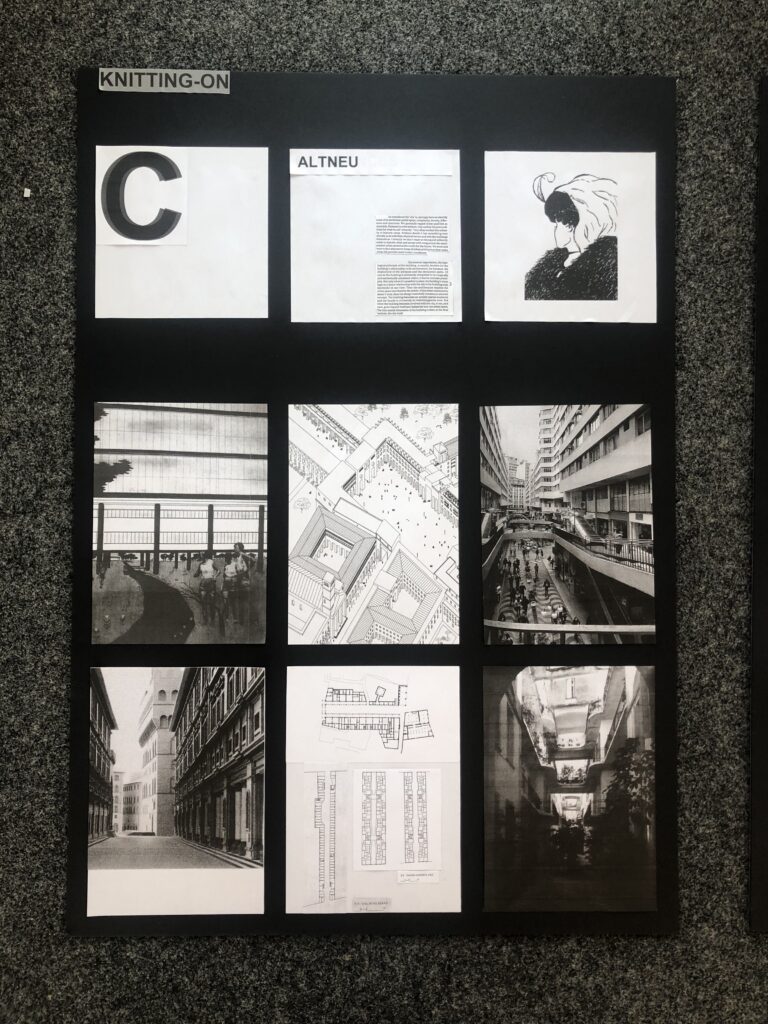Online Teaching Module
Case study. Warburg architectures/Resonance How does architecture become meaningful?

Tim Anstey
Mara Trübenbach
Oslo School of Architecture and Design, Oslo Centre for Critical Architectural Studies (OCCAS)
Online Teaching Module
August 1, 2023
View
Case study. Warburg architectures/Resonance How does architecture become meaningful?
Tim Anstey
Mara Trübenbach
Oslo School of Architecture and Design, Oslo Centre for Critical Architectural Studies (OCCAS)




